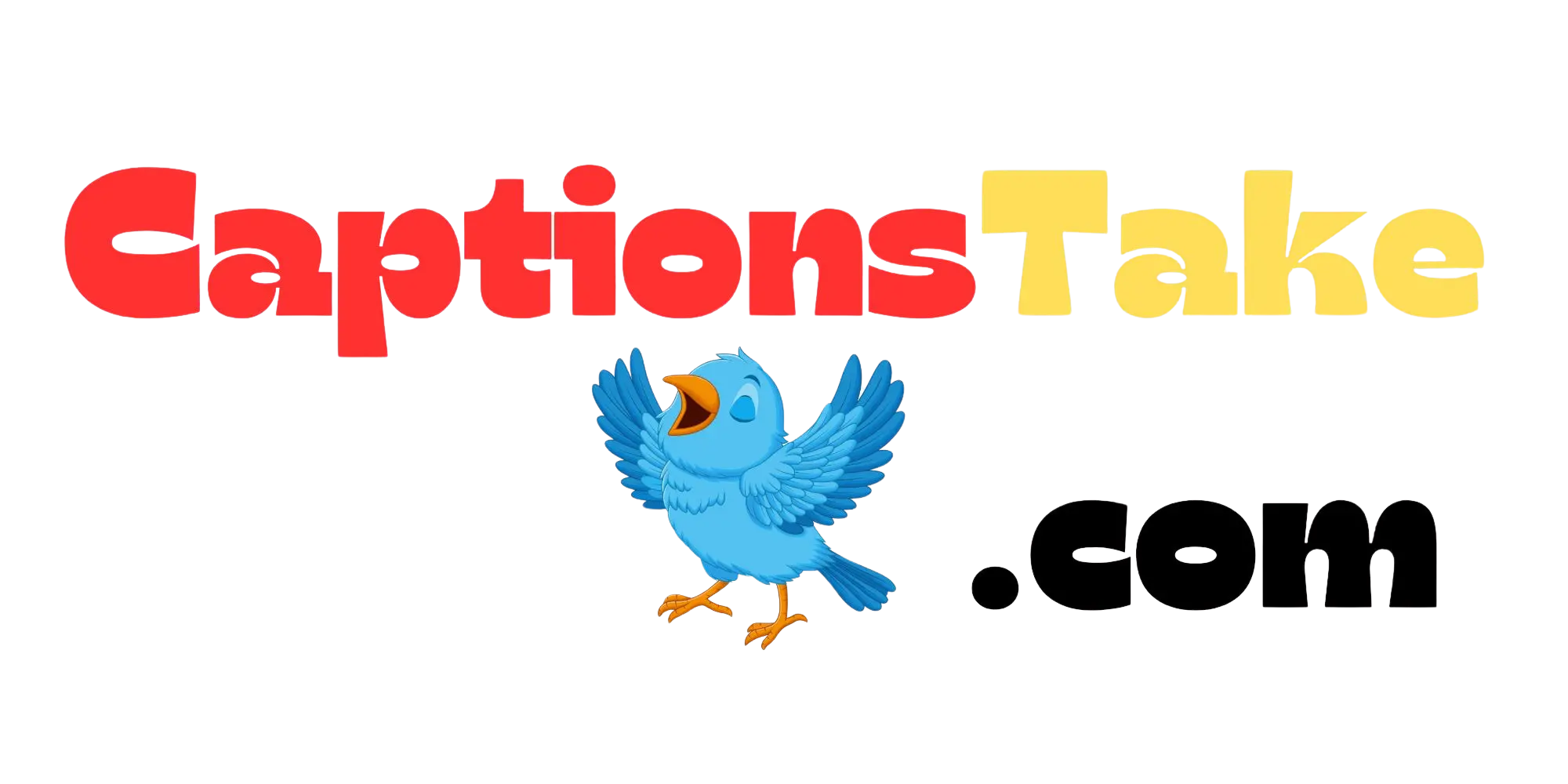If you’ve ever stumbled upon the term OTL online and wondered what on earth it means, you’re not alone. In the vast world of internet slang and emoticons, OTL stands out for its unique blend of humor, emotion, and visual storytelling.
It’s not a random combination of letters—it’s actually a little piece of digital art that perfectly expresses defeat, disappointment, or exhaustion.
People across social media platforms, chat rooms, and gaming communities use OTL to show when life has knocked them down—or when something goes hilariously wrong.
With 2025’s ongoing evolution of online communication, understanding these shorthand symbols helps you stay fluent in digital culture.
Whether you’re texting a friend or browsing Reddit threads, knowing the OTL meaning ensures you’ll never miss the emotional context behind this quirky expression.
Definition & Meaning
At its core, OTL represents a stick figure kneeling or bowing in despair. When viewed vertically, the “O” stands for the head, the “T” forms the body and arms, and the “L” symbolizes bent legs on the ground. Altogether, it resembles someone on their knees—defeated, tired, or deeply disappointed.
So, when someone types “OTL” after a frustrating event, they’re visually expressing a “facepalm” or “I give up” moment. It’s a text-based emoticon, not an acronym like LOL or BRB. The beauty of OTL lies in its simplicity—it conveys complex emotions without a single emoji.
In online chats, it might appear as:
- “I studied all night and still failed the test… OTL”
- “My favorite team lost again… OTL”
It’s essentially the digital way of saying, “I’m done.”
Background & History
The origin of OTL can be traced back to early 2000s online forums and Japanese emoticon culture. Before emojis dominated digital communication, people used ASCII characters and symbols to represent facial expressions or body postures.
OTL first gained popularity in East Asian internet communities—particularly in Japan, South Korea, and Taiwan—where it was often used in online games, blogs, and message boards. Its spread to Western audiences occurred gradually, thanks to global gaming communities and anime fandoms that exchanged cultural expressions online.
By the 2010s, OTL had entered mainstream internet vocabulary alongside other emoticons like “orz,” which depicts the same emotion but uses slightly different characters. In essence, OTL became a universal symbol of emotional defeat, transcending language barriers.
Even in 2025, the OTL meaning remains relevant—a simple yet powerful representation of human emotion in a digital world that never stops evolving.
Usage in Various Contexts
The charm of OTL lies in its versatility. It can be used in several emotional scenarios, such as:
- Disappointment:
- “I forgot my presentation notes at home… OTL”
- Embarrassment:
- “I waved at someone who wasn’t waving at me… OTL”
- Failure or Defeat:
- “Lost 10 ranked matches in a row… OTL”
- Exhaustion:
- “Just finished a 12-hour shift… OTL”
You’ll find it used on Twitter (X), Discord, Reddit, and even in YouTube comments. Some users even stylize it—like “OTz” or “Orz”—depending on their mood or platform preferences. Regardless of variation, it retains its signature defeated stance.
Common Misconceptions & Clarifications
Despite its popularity, OTL is often misunderstood. Some think it’s an abbreviation for something like “Out To Lunch” or “On The Low”—but that’s incorrect in this context. It’s not an acronym at all. Instead, it’s an emoticon illustration of a posture.
Another misconception is that OTL always expresses sadness. While often associated with negative emotions, it can also be used humorously or sarcastically—like laughing at your own bad luck or a silly mistake. It’s more about expressing the momentary feeling of defeat, not necessarily deep sorrow.
Similar Terms & Alternatives
If you love OTL, you’ll likely recognize its cousins:
- orz – Another variation showing a person bowing or kneeling.
- OTz / O7 / Q_Q – Visual symbols for respect, salute, or crying.
- >_< or T_T – Express frustration or tears.
- Facepalm 🤦♂️ – The emoji equivalent of OTL in modern usage.
Each variation captures a slightly different emotional nuance, but OTL remains iconic for visually showing total emotional collapse.
How to Respond to This Term
When someone uses OTL, your response depends on context:
- To comfort: “Don’t worry, you’ll do better next time!”
- To sympathize: “Same here, today’s been rough… OTL.”
- To joke back: “Join the club! We’re all OTL today.”
In short, it’s best to mirror the tone—lighthearted or serious—of the conversation.
Regional or Cultural Differences
In East Asia, OTL and its variants (like orz) are part of daily digital communication. Japanese and Korean users often employ them to show humility, apology, or embarrassment—emotions deeply rooted in cultural etiquette.
In Western contexts, however, OTL is mostly humorous. It’s seen as a creative, meme-like way to show frustration or failure. The meaning doesn’t change dramatically, but the tone differs—East Asians use it with more sincerity, while Westerners use it playfully.
Comparison with Similar Terms
While facepalm and FML (F— My Life) might appear similar to OTL, there’s a subtle difference. OTL doesn’t just state frustration—it shows it. The visual metaphor of kneeling conveys exhaustion or resignation, not anger or rage.
- Facepalm 🤦♂️: Expresses embarrassment or disbelief.
- FML: Indicates despair or complaint.
- OTL: Represents defeat or surrender with visual drama.
This makes OTL unique—it’s both expressive and artistic.
Usage in Online Communities & Dating Apps
In online communities, especially gaming servers, OTL appears frequently after defeats or losses. It has become a friendly, self-deprecating way to admit failure without sounding overly negative.
On dating apps, OTL might appear when describing awkward or embarrassing experiences—like a bad date or a funny misunderstanding. Example:
“Tried to flirt and accidentally called them by my ex’s name… OTL.”
It humanizes the user and adds humor to the situation—making it relatable rather than awkward.
Hidden or Offensive Meanings
Unlike many internet acronyms, OTL is not offensive. It doesn’t carry hidden vulgar or inappropriate meanings. However, misunderstanding its purpose could cause confusion, especially for people unfamiliar with ASCII art. Always remember—it’s a visual emoticon, not an abbreviation.
Suitability for Professional Communication
While OTL is great for casual chats, memes, or social media posts, it’s not suitable for professional emails, reports, or formal workplace communication. If you’re messaging colleagues, opt for words or emojis that clearly convey your tone, such as:
- “I’m feeling a bit overwhelmed 😅” instead of “OTL.”
Using slang like OTL in formal contexts may appear unprofessional or confusing to those unfamiliar with internet shorthand.
FAQs
1. What does OTL mean in texting?
It visually represents a person kneeling in disappointment or exhaustion—an emoticon for feeling defeated or frustrated.
2. Is OTL the same as orz?
Yes, both depict similar postures of despair. The difference lies only in the characters used.
3. Is OTL an acronym?
No. It’s not an acronym; it’s a visual emoticon that forms a human figure expressing emotion.
4. Can OTL be used humorously?
Absolutely! Many people use it jokingly to exaggerate frustration or embarrassment in a funny way.
5. Is OTL still used in 2025?
Yes, OTL remains relevant in 2025, especially in gaming, social media, and meme culture.
6. Is OTL appropriate for work messages?
Not really. It’s best for casual or friendly chats, not formal communication settings.
Conclusion
In 2025’s ever-evolving online landscape, OTL continues to symbolize the universal emotion of defeat, exhaustion, or mild despair. From anime fans to global gamers, it bridges cultures through humor and relatability.
Understanding the OTL meaning helps you decode a small but expressive piece of internet history—a timeless reminder that even in the digital age, emotions still find creative ways to shine through simple symbols.

Jason Holder is the writer behind Captionstake, sharing fun and creative captions for every mood. He loves turning simple words into something that makes people smile.
With a passion for writing and connecting, Jason helps readers find the right words to express themselves online.
